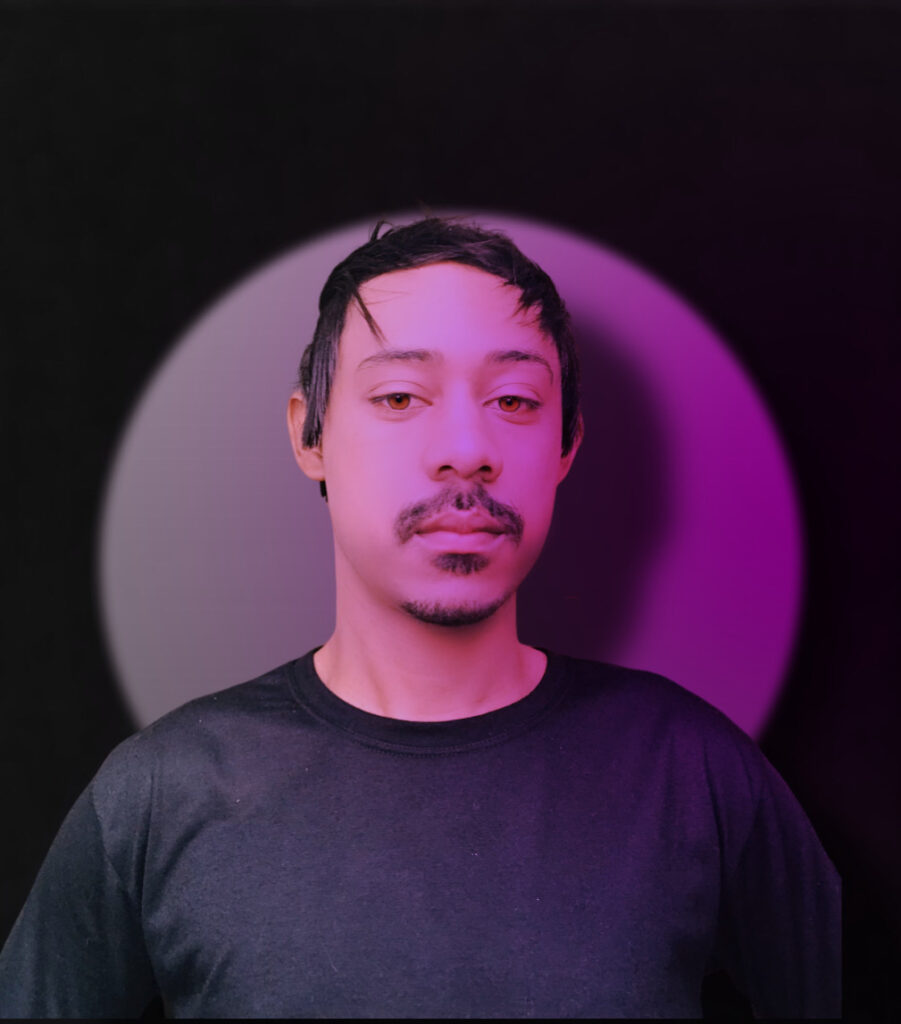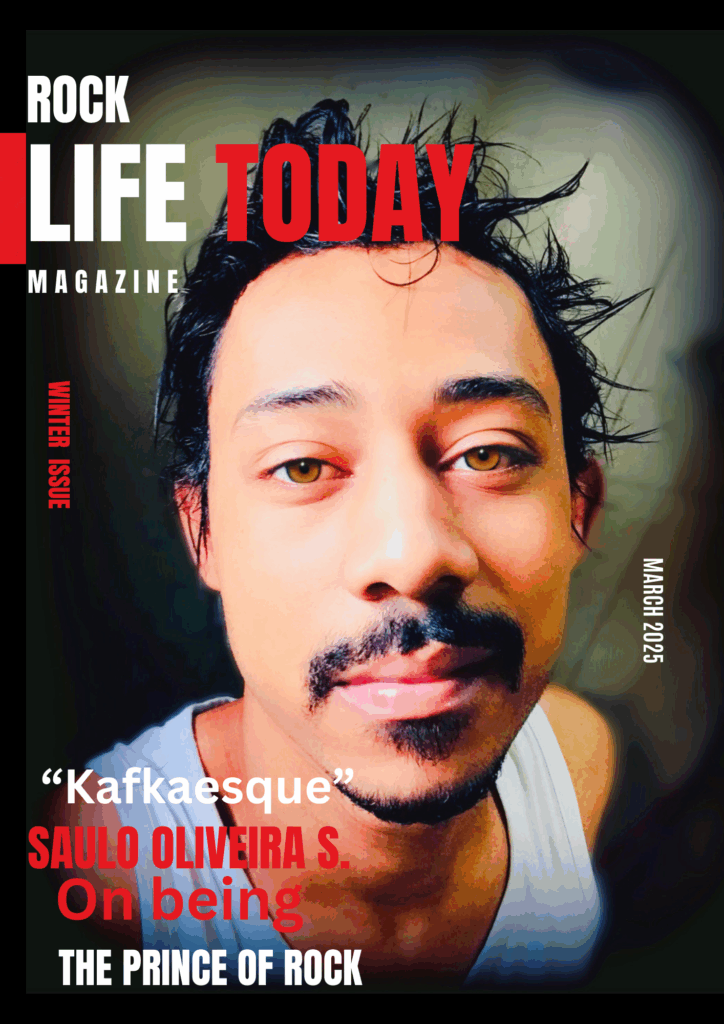
In an era where genre lines blur and identity is often reduced to hashtags, Filipino-American artist Pol Sembrano stands out for his quiet defiance and deep intentionality. A classically trained pianist who spent years immersed in the traditions of structure and discipline, Sembrano now emerges with a bold new sound—an electronic, synth-saturated sonic palette driven by introspection and social awareness. His teaser EP Anywhere signals a creative rebirth, one marked not by reinvention for reinvention’s sake, but by an earnest desire to speak truth through melody. With the release of his empowering single “Open Mind,” Sembrano opens a conversation on prejudice, empathy, and personal evolution. In this candid interview, he reflects on his journey from childhood ridicule to artistic freedom, the challenges of composing in the digital age, and why refusing to be boxed into one identity has become both his mission and message.
You’ve described “Open Mind” as a self-empowering anthem for those facing persecution and adversity. Can you walk us through the emotional journey behind writing that song—and what personal experiences, if any, shaped its message?
I have always been an observer in life and I usually keep to myself and listen to others. In way, I tend to say less and focus on other people who reach out to me. I do feel honored when people put their trust in me and was told that I am a good one-on-one conversationalist. “Open Mind” is a song for those who stuggle with being persecuted for their beliefs or for being who they are. This may be applied to racism, homophobia, sexism and ageism and I am there to give my support. I’m not saying that I have all the answers but it’s a way for people to let their guard down and be themselves when being with me. I personally have not experienced being persecuted at this level but I have been ridiculed during my childhood for being fat. To escape feeling inadequate, I focused on writing and playing music which was my saving grace during that time. Apparently, the same person who made fun of me is still doing the same thing to other people but now as an adult. It’s sad and ultimately pathetic and I wish to not be around this person. I do have my limits and bounderies and for the most part people are respectful of that.
As a classically trained pianist, transitioning into electronic music must have been both exciting and daunting. What were some of the biggest creative challenges you faced while stepping into this new sonic world—and what freedoms did it unlock for you as a composer?
The biggest challenge for me is to choose what instrumentation to use when creating the sequences. There are literally thousands of sounds to choose from and at times it can be overwhelming. Another concern would be to hastily choose something at the beginning of the process then have second thoughts afterwards. This has happened a few times so I had to re-record a song and make the changes. The positive aspect of this whole journey is I have the freedom to make choices and own up to whatever was decided. I’m totally fine with that. As well, I am very protective of my time and I use it wisely to now make well-calculated decisions to create music to the best of my ability.
Your music blends 80s and 90s synth influences with introspective, existential lyrics. How do you strike a balance between making tracks that are danceable and tracks that make people think?
I want my music to be multi-dimensional. One could listen to the lyrics one day and connect with the song’s meaning and on another day be dancing to it at a club. There is no one-size-fits-all mentality. A good example for me would be Depeche Mode’s song “People Are People”. I love that song’s ending when Martin Gore repeats the “I can’t understand” lyrics as it fades away (in the single version, anyway). I could see myelf dancing and singing along at a retro dance party-like venue then listening to it on repeat the following day.
You’ve mentioned not wanting to be boxed in as “this or that type of artist.” How do you see genre labels affecting the creative process—and what advice would you give to other artists navigating identity in a world that loves categories?
As a songwriter, I usually keep in mind of who I am and what type of music I write. Sometimes, the song may sound like a club song and other times it’s an acoustic ballad. There are songs that are pure electronic sounding and other times it’s a total pop song. In the end, I am influenced by all these genres as I have been true to myself as a songwriter, musician and artist. So, in a sense, I belong to these different categories so no one may tag a label on me. No one can say I am a total classical pianist who play Bach as I also work with technology/electronics and write my own music and no one can say I only play keyboards yet I also play guitar. The most important musical element in my music would be the melody because that is what makes a song catchy and memorable, regardless of genre.
For artists out there, know who you are and be true to yourself. Write music from the heart and let others connect with it. If somebody labels you with a certain genre and you disagree you may say something respectfully then move on. If they label you a country artist and you write industrial music then there is a serious issue there.

Your teaser EP “Anywhere” gives us a taste of your new artistic direction. As we wait for your full-length debut, what do you hope listeners will take away from these first tracks—and what can they expect next from Pol Sembrano?
Listeners will notice that the songs are honest sounding without the need to tell the full story. They are little vignettes during my lifetime that I wish to let go and release to make room for other experiences. Musically, the songs are melodic, sometimes mixed together for a total audio explosion. The ending of “Number” is a good example. I would like the listeners to understand that this is the real me as music has been an integral part of my life since the age of four. I am serious of what I do and take great pride in creating music that is both important and meaningful to me.
The rest of the album is a continuation of the first four tracks. As I said before, I don’t say very much but music allows me to really express myself. I do hope listeners will connect with the songs and apply them into their personal lives.












 Bengali (Bangladesh) ·
Bengali (Bangladesh) ·  English (United States) ·
English (United States) ·